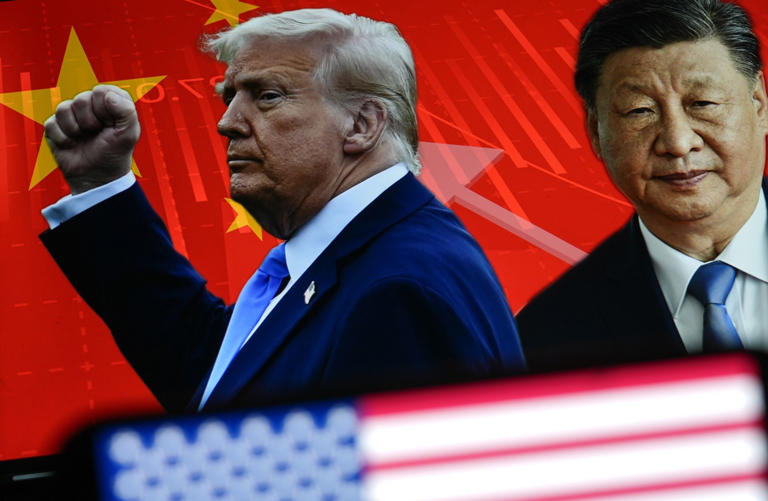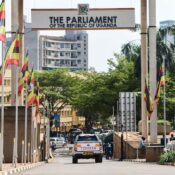
China Issues a Warning Against Pacifying the US as Trump’s Tariffs Increase Trade Tensions Worldwide
China urges countries to protect international economic norms and multilateral cooperation, warning against caving in to US trade pressure.
In light of President Donald Trump’s aggressive tariff policy, China has sent a strong warning to nations thinking about making concessions to the US in upcoming trade talks, advising them against appeasement.
China’s Commerce Ministry issued the warning as part of a fresh round of US-led negotiations meant to pressure trading partners into limiting trade with Beijing in return for exemptions from the recently reintroduced US import duties. The Trump administration has already held negotiations with Japan and is scheduled to start this week with South Korea and India.
A spokesman for China’s Ministry of Commerce said in a statement that “compromise cannot earn one respect, and appeasement cannot bring peace.” “International economic and trade rules, as well as the multilateral trading system, should be defended by all parties who support justice.”
As part of his “America First” trade agenda, President Trump has reinstated broad tariffs on Chinese imports since taking office again in January, with some of them reaching as high as 145%. According to his administration, the tariffs are intended to reduce dependency on imported imports, increase government revenue, and promote domestic production. Additionally, until July, unless bilateral agreements are obtained, a blanket 10% duty has been imposed on imports from dozens of nations.
According to allegations that appeared last week, the White House plans to use these negotiations to convince nations to put new trade restrictions on China. Requests for response from the US Treasury Department and the Office of the U.S. Trade Representative have not been answered.
With 15% of Japan’s business revenues linked to China and 20% coming from the U.S., Jesper Koll of Monex Group stated that Japan “does not want to have to choose between America and China.” Ryosei Akazawa, the top negotiator, spearheaded Tokyo’s trade talks in Washington last week.
US Vice President JD Vance is anticipated to bring up trade concerns during an impending trip to New Delhi, where India might be subject to a 26% tariff rate if an agreement is not struck. South Korea’s acting president, Han Duck-soo, indicated that his nation will also begin negotiations with the US this week.
In the meantime, many have questioned whether Trump’s protectionist strategy will be effective in the long run. Analysts caution that reestablishing strong local manufacturing might take years and could have short-term negative economic effects, even as the administration celebrates early indications of reshoring investment.
In recent weeks, the Trump administration has demonstrated some adaptability. Following criticism from politicians and markets, a 90-day suspension was granted to all impacted countries, with the exception of China, just hours after tariffs went into force earlier this month. Nevertheless, Washington insists that under the updated tariff structure, over 70 countries have indicated interest in negotiating new trade conditions.
China’s warning indicates rising concern about what it sees as an increasingly unilateral and forceful US economic policy as world leaders get ready for another round of heated trade diplomacy.
All Categories
Recent Posts
Tags
+13162306000
zoneyetu@yahoo.com



